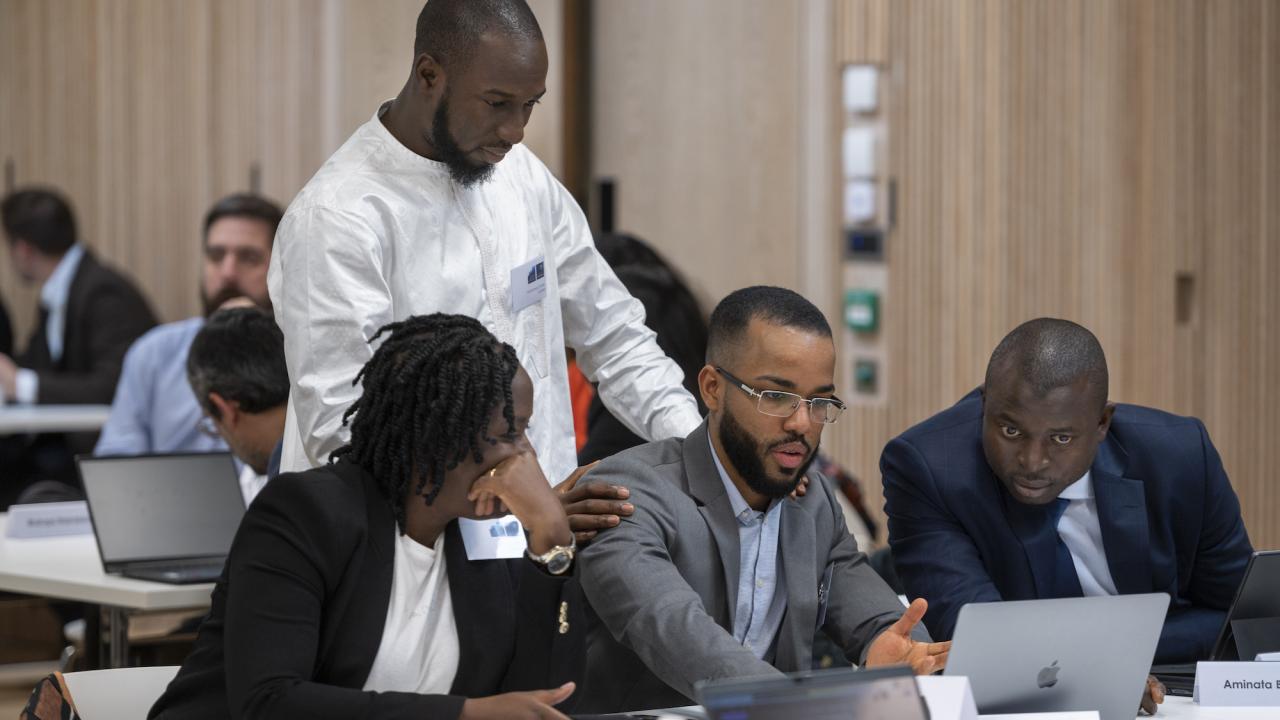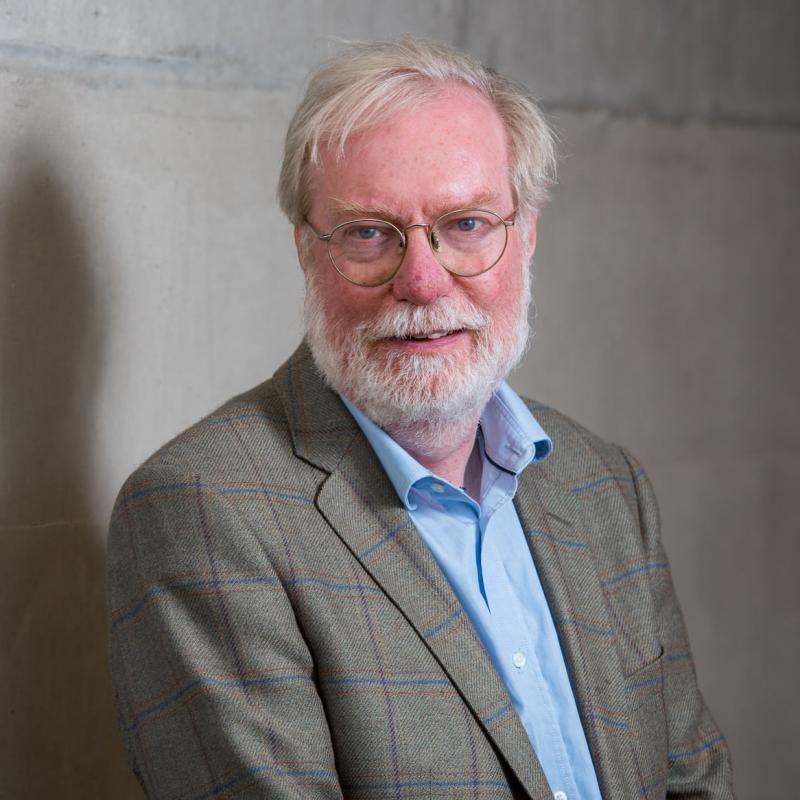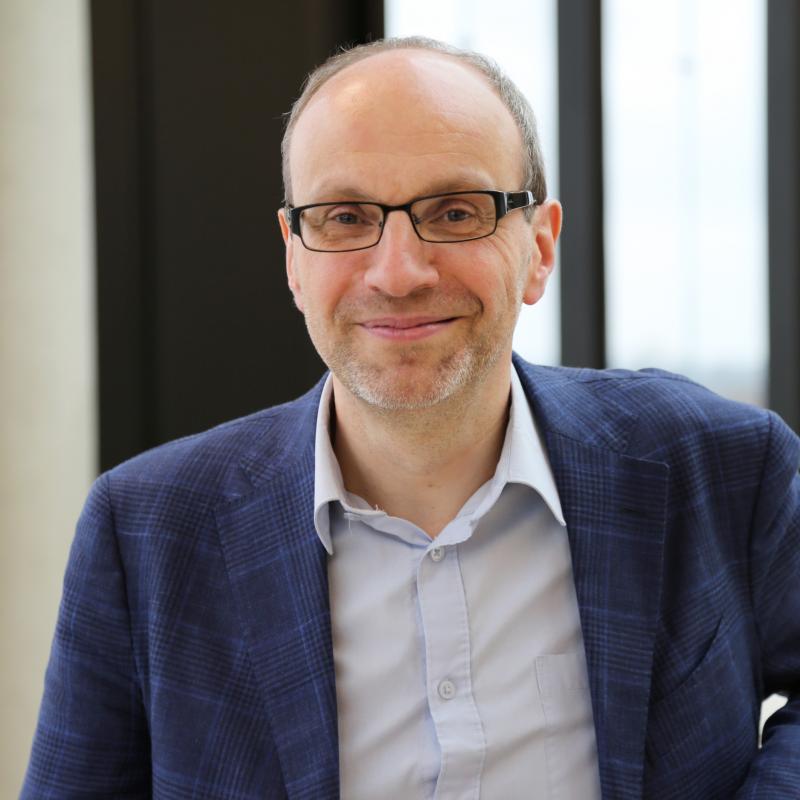Countries with non-renewable resource wealth face both an opportunity and a challenge. When used well, these resources can create greater prosperity for current and future generations. Poorly managed, they can cause economic instability, social conflict, and lasting environmental damage. To benefit from resource wealth, citizens, private companies, and governments must make a broad range of decisions. Each requires leaders to consider complex options and trade-offs, and devise strategies to implement these policy choices.
Globally recognised experts and academics have developed the Managing Mining, Oil and Gas for National Development programme to encourage public and private sector leaders from multiple countries to share their own experiences, while gaining insights and specialist knowledge about natural resource management.
This intensive five-day course:
- looks at both technical policy aspects of managing resources and the complex interplay between governments, companies and citizens.
- provides the training and insight required for policy leaders in the public and private sectors to work towards better management and governance of mining, oil and gas for a better future.
- builds a better understanding of the interests of the public and private sectors, facilitating dialogue and mutual appreciation of respective positions between these different groups.
The programme is the result of a unique collaboration between the Blavatnik School of Government and the Natural Resource Governance Institute (NRGI).

The course is open to:
- Policy leaders in the public and private sectors, alongside those in senior research and non-profit roles, who are committed to better governance in natural resources, and are in a position to influence the governance of these sectors.
- Ministers, chiefs of staff, heads of extractives state-owned enterprises, commissioners, heads of agencies, departments and other public bodies involved in the management of oil, gas and mining and the revenues they generate, as well as their deputies and advisors
- Executives, directors, chiefs and heads at oil, gas and mining companies, at headquarters or country office levels, as well as their deputies and advisors
- Leaders from management consulting firms providing advice to governments in resource-rich countries in extractive sector policy design and implementation, or public financial management
- Vice-presidents, deputy managing directors, and heads of departments at multilateral agencies, such as the IMF and World Bank
- Chief executives, directors and senior fellows at think tanks and nonpartisan bodies, as well as experienced journalists covering natural resources-related issues
Participants should have in-depth experience and be in a senior leadership position or advisory role.
- Resource-wealth during the low carbon transition
- Licensing and discovering minerals
- Taxing companies and combating tax abuses
- Directing state-owned enterprises
- Protecting local societies and the environment
- Managing revenues and investment
- Extractives-led industrial development
- Communicating with citizens
- Implementing your strategy and ensuring accountability

Attending the Managing Mining, Oil, and Gas for National Development was a transformative experience. The programme’s unique focus on aligning resource management with national development goals, access to leading academics from Oxford and experts from the Natural Resource Governance Institute (NRGI), who provided cutting-edge research, best practices, and case studies from around the world made it truly exceptional. The practical frameworks and tools provided, along with rich peer learning and networking opportunities, equipped me to address policy challenges in resource governance. The course's interdisciplinary approach and emphasis on good governance and transparency set it apart from others, making it an invaluable learning experience for policymakers and industry leaders alike. It is particularly unique in how it bridges the gap between academic research and practical, actionable strategies for managing resources in a way that supports sustainable national development.
A limited number of scholarships will be offered on a competitive basis to public sector applicants from select resource-rich countries: Argentina, Ghana, Guinea, Guyana, Indonesia, Kazakhstan, Malawi, Mexico, Mongolia, Panama, Senegal, Sierra Leone, and Zambia. In exceptional cases, scholarship applications from outstanding candidates from other countries may also be considered. These can partially or fully cover tuition and, in select cases, may assist with travel. A bursary application must be completed by the closing date to be eligible for these awards.


Meet the faculty
Our programmes immerse you in the intellectual culture of Oxford, the oldest university in the English-speaking world. Its excellence and international profile rivals that of any university in the world, and the University has been educating global leaders for over 800 years.
This residential programme offers the opportunity to explore the city and its famous colleges, including a walking tour of the city’s most important historical and politically relevant places, as well as formal dinners in centuries-old Oxford dining halls. And you will get the best of both the old and the new by being based from the ultramodern award-winning Blavatnik School building.

If you have any questions about the programme, please contact us at mining.oil.gas@bsg.ox.ac.uk.












